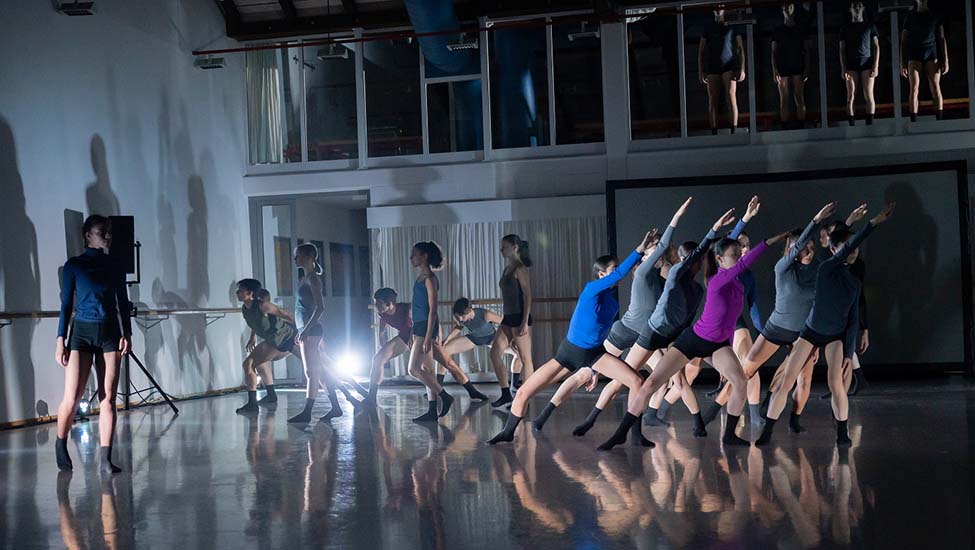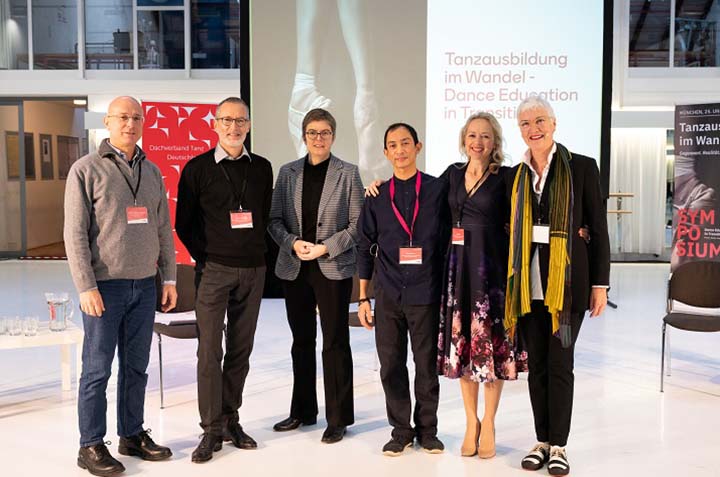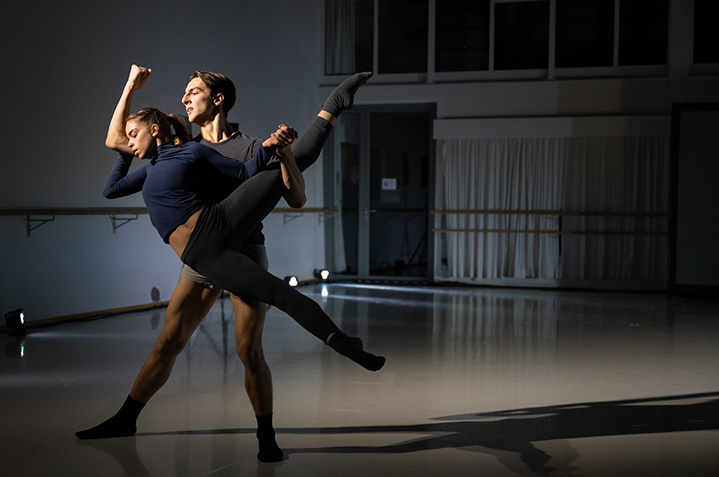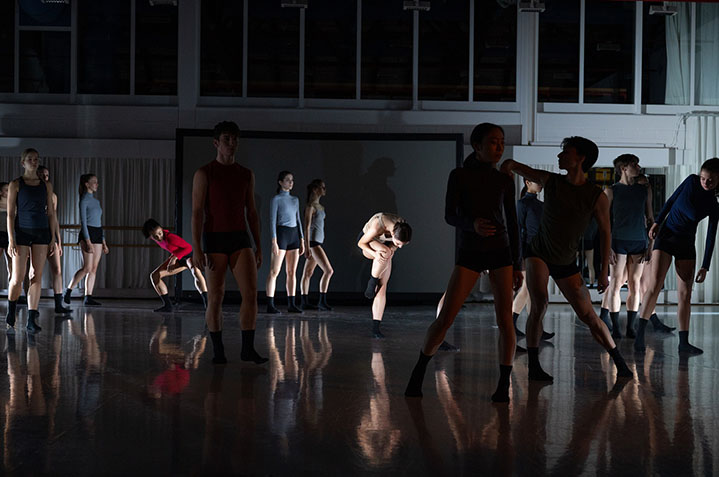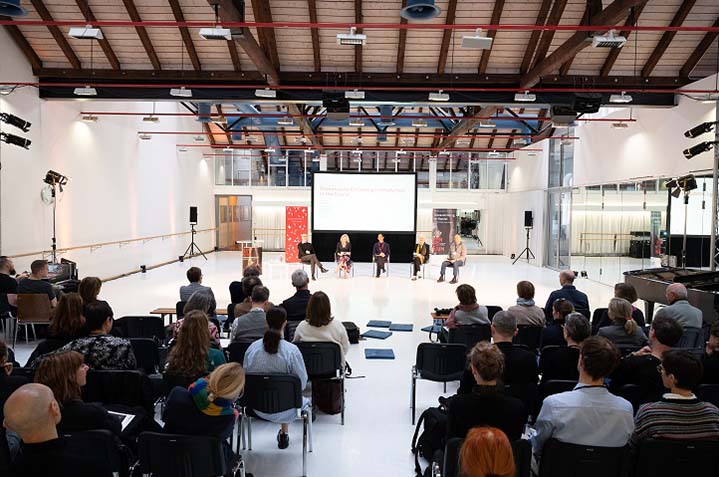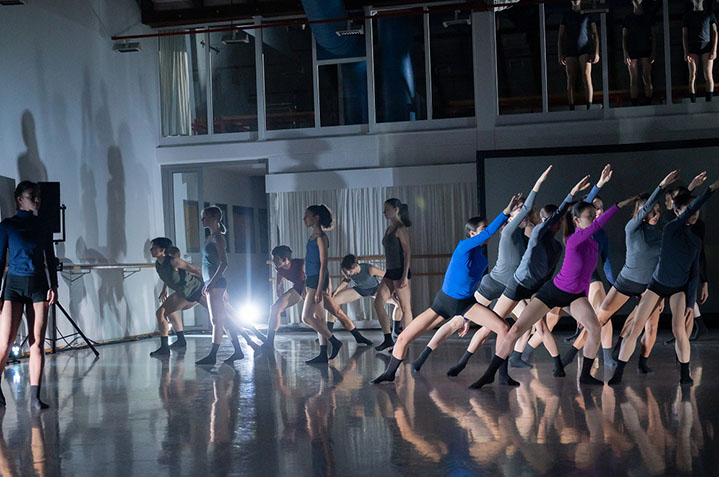According to the Ballet Academy of the University of Music and Theatre and the DTD, the symposium was a resounding success and an important starting point for further international discourse on the ongoing development of professional dance training:
Conclusion by the Ballet Academy of the University of Music and Theatre Munich:
»As the Ballet Academy of the University of Music and Theatre Munich, we are committed to dance education based on the tradition of classical ballet. We love ballet and dance and are proud to pass on this passion to our students. For us as the only state institution for professional dance education in Bavaria, this symposium was a crucial step, enabling us to discuss our own pedagogical concept with the international dance community, to embrace new impulses, to learn and to network. We are at the beginning of a process that focuses on the holistic education of our students. As a result, we will engage our students to an even greater extent in our pedagogical concept. Their voice is the crucial one, and we aim to take that into greater consideration. But the symposium means even more to us: it is a starting point for our further networking with other international training institutions so that we can design our training to ensure that our students can contribute to shaping the world of dance as healthy and strong personalities. This is something we will continue to strive for.«
Conclusion by the Dachverband Tanz Deutschland e.V.:
»This symposium has laid the foundation for a new level of quality in international exchange on dance education. We were able to gain an overview of the major, including painful, issues in current dance education. But the work is really just beginning now. From our point of view, this symposium is a message to the entire dance world to continue working together on the topics of ethics, aesthetics, diversity, health and prevention. The fact that the initiative for the symposium came from the Munich
Ballet Academy, an academy for classical dance, is particularly significant. As the Dachverband Tanz Deutschland, we now consider it our duty to continue to support networking on these topics, to strengthen the dialogue with professional dance ensembles and to continue positioning dance in politics and society. For the further development of dance education and thus for shaping the future of classical and contemporary dance, the dance world requires the necessary resources. Also in this respect, we will continue to advocate for the interests of dance in Germany.«
Among the over 50 people who contributed to the various panels and workshops were representatives from the most diverse fields within the dance world: directors of training centres, academies and ensembles, students, active dancers, experts in dance medicine and dance science, including for example Martin Schläpfer (Vienna State Ballet), Mavis Staines (Canada’s National Ballet School, Toronto), Élisabeth Platel (Ballet School of the Opéra national de Paris), Frédéric Olivieri (Ballet School of the Accademia Teatro alla Scala, Mailand), Christopher Powney (Royal Ballet School, London), Stanisław Wegrzyn (Royal Ballet, London) and from Germany Jason Beechey (Palucca University of Dance Dresden), Gigi Hyatt (Ballet School of the Hamburg Ballet), Nik Haffner (Inter-University Centre for Dance Berlin), Dieter Heitkamp (Frankfurt University of Music and Performing Arts), Mariama Diagne (Society for Dance Research, Berlin) as well as Osiel Gouneo, Julian MacKay, Bianca Teixeira and Shale Wagman (Bavarian State Ballet, Munich).
